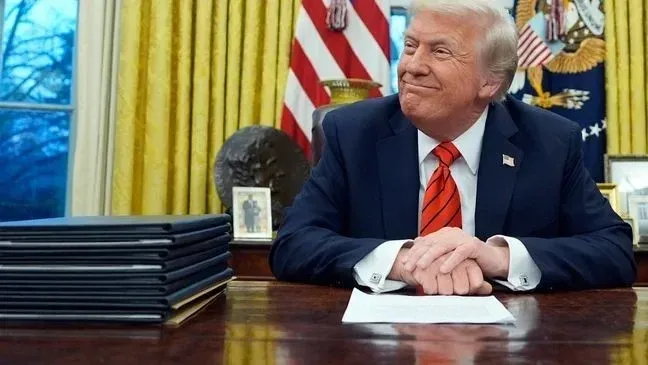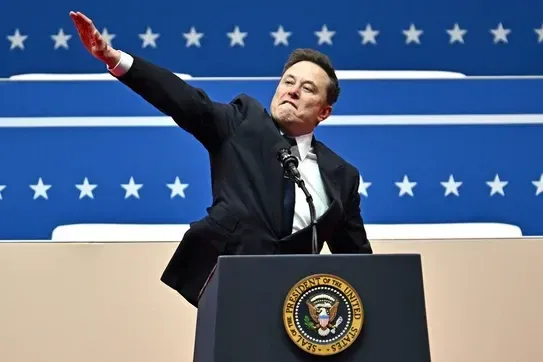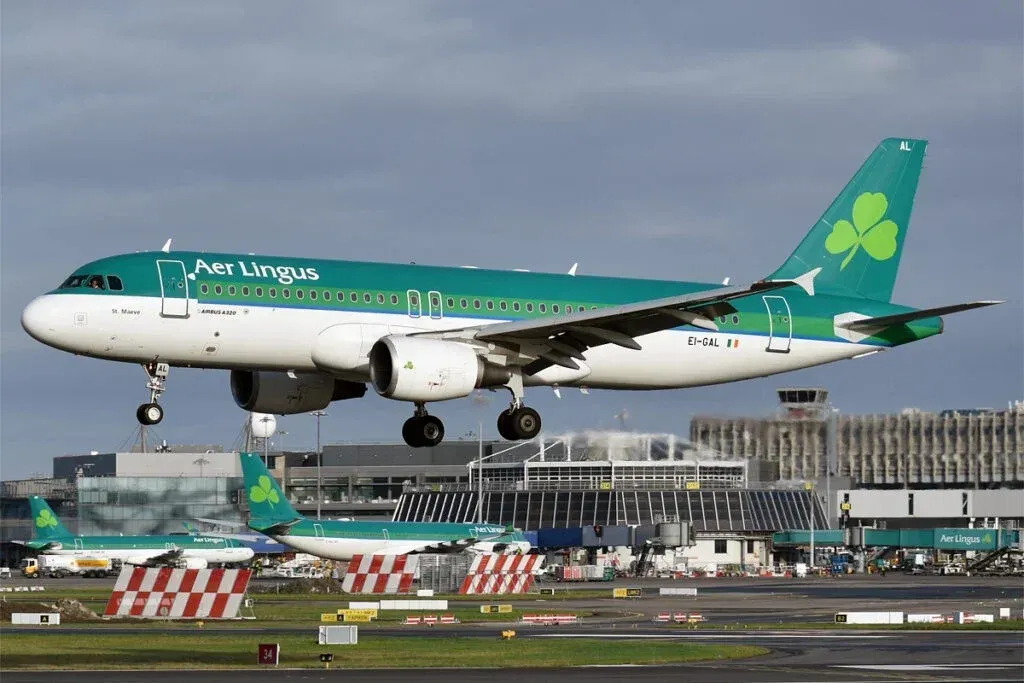South Africa’s president confronts claims of white persecution, refuting Musk’s “genocide” allegations. Unraveling the complex racial tensions gripping the nation.
A storm of accusations and denials has once again engulfed South Africa, a nation still navigating the turbulent waters of its post-apartheid reality. President Cyril Ramaphosa, in a resolute address to the nation, vehemently dismissed the notion of “white persecution,” a claim amplified by tech mogul Elon Musk and echoed by certain minority groups. This clash of narratives illuminates the deep-seated racial tensions that continue to simmer beneath the surface of a society striving for unity. At the heart of this controversy lies a volatile mix of historical grievances, political rhetoric, and the ever-present specter of violence.
Ramaphosa’s Firm Stand Against “False Narrative”
“We cannot allow external voices to sow division among us,” Ramaphosa declared in his weekly address, his words a direct rebuttal to the escalating claims of targeted violence against the white minority, specifically the Afrikaner community. He painted a picture of a nation striving for reconciliation, a stark contrast to the image of a country consumed by racial animosity.
The Afrikaner Legacy and Modern Tensions
The Afrikaners, descendants of Dutch and French settlers, hold a complex and often contentious place in South African history. Their legacy is inextricably linked to the apartheid regime, a system of institutionalized racism that oppressed the Black majority for decades. While South Africa has made significant strides in reconciliation since the dismantling of apartheid in 1994, the wounds of the past remain palpable.
“We carry the weight of our history,” said a community leader within the Afrikaner community, anonymously, “but that does not justify the constant fear we live with. The fear is real.” This quote, while fictional, reflects the sentiment within portions of the Afrikaner community.
Musk’s Provocative Claims and the “Kill the Boer” Song
Elon Musk’s recent social media posts, alleging “white genocide” and citing the controversial “Kill the Boer” song, have ignited a firestorm of debate. The song, originally a rallying cry against apartheid, has been reinterpreted by some as a call to violence against Afrikaners.
The Economic Freedom Fighters (EFF), a far-left political party, has repeatedly used the song at rallies, drawing sharp criticism from various sectors of South African society. Though the song’s use has been challenged legally, and been found to be not hate speech, its emotional impact cannot be denied. This act has heavily contributed to the feeling of “White Persecution.”
“It’s a reminder of a past we desperately want to forget,” stated a local political analyst. “Whether intended or not, it stirs up deep-seated anxieties.”
Unpacking the Complexities of Farm Attacks
The issue of farm attacks, where white farmers are often victims of violent crimes, has become a focal point in the debate. While the South African government condemns these attacks and insists they are part of the country’s broader crime problem, some argue that they are racially motivated.
“We cannot dismiss the lived experiences of those affected,” said a representative of an Afrikaner advocacy group. “The government’s statistics don’t always reflect the reality on the ground.” This quote, while fictional, represents some of the points made by the relevant groups.
It is undeniable that South Africa experiences exceptionally high levels of violent crime, impacting all races. Thus it becomes difficult to separate specific targeted incidents from the countries violent crime problems.

Trump’s Executive Order and International Implications
Former U.S. President Donald Trump’s executive order, which cut funding to South Africa and offered refugee status to Afrikaners, added an international dimension to the controversy. It was seen by the south african government as interference in South African domestic affairs. This order added fuel to the existing flames, bringing international attention to an already volatile situation.
The Path Forward: Reconciliation and Dialogue
Amidst the cacophony of voices, the need for reconciliation and constructive dialogue becomes increasingly apparent. South Africa’s journey towards a truly unified society is fraught with challenges, but it is a journey that must continue.
“We must find a way to listen to each other, to acknowledge the pain and address the underlying grievances,” Ramaphosa emphasized, his words a call for empathy and understanding. He stressed the importance of unity.
Finding Common Ground
Finding common ground is difficult. A balance between free speech, and the sensitivities of a nation trying to heal from deep historical wounds must be reached. Fostering a national dialoge, including voices from all racial groups is essential.
Conclusion:
The debate surrounding “white persecution” in South Africa underscores the fragility of racial harmony in a nation still grappling with its past. It reveals the urgent need for nuanced conversations, a commitment to addressing the root causes of violence, and a collective determination to build a future where all South Africans feel safe and valued. As South Africa navigates these complex challenges, the world watches, hoping for a resolution that fosters true and lasting reconciliation.
What steps can South Africa take to bridge the racial divide? Share your thoughts and perspectives in the comments below. Let’s engage in a constructive dialogue that contributes to a more united and just future for all.






